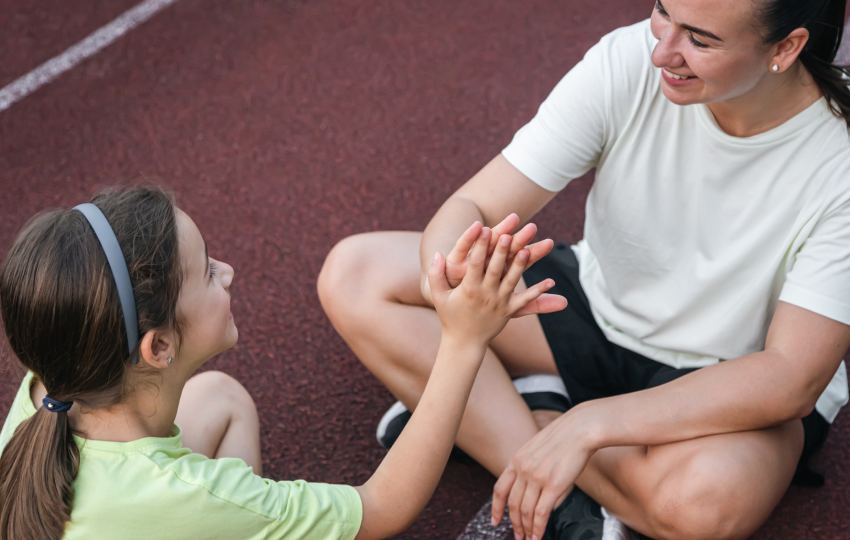Childhood is a critical stage for building not only physical strength, but also emotional resilience and mental well-being. In a world where children face increasing scholastic pressure, digital overload, and reduced opportunities for free play, sports stand out as a powerful tool to protect and cultivate young minds.
Sports as a natural stress reliever
For children, school and social life can often be overwhelming. Sports offer a healthy way to release energy and stress. Physical activity stimulates the release of endorphins, “happy hormones” that improve mood and reduce anxiety. Equally important is the fact that sports offer children organized time away from screens and scholastic obligations, creating balance in their daily routine.
Building confidence and self-esteem
Participating in sports helps children discover their strengths and celebrate their achievements, whether big or small. Scoring a goal, improving a personal record, or simply being part of a team can significantly boost their self-confidence. This positive reinforcement shapes their self-image and encourages them to face challenges—both on and off the field—with optimism.
Social skills and emotional growth
Team sports, in particular, promote communication, empathy, and cooperation. By learning to play by the rules, respect their opponents, and work together to achieve a common goal, children acquire essential life skills. These kinds of interactions also form the basis for developing emotional intelligence, helping kids deal with disappointment, celebrate success, and learning to be a good team player.
Preventing anxiety and depression
Research shows that children who exercise are less likely to experience symptoms of anxiety and depression. Sports provide a productive routine that builds stability, especially for children who may have attention or behavioral issues. Regular participation not only reduces negative emotions, but also promotes resilience by teaching children that failure is part of development.
Inclusion and belonging
Sports can also be a powerful tool for inclusion. For children who feel isolated due to cultural differences, disabilities, or social challenges, participating in a sports activity offers an immediate sense of belonging. This sense of community is crucial for mental health, providing children with a support system beyond their family or classroom.
Conclusion: Back to the Games, Forward to Well-Being
Sports and games are essential for children’s mental health, offering a powerful way to build confidence, reduce anxiety, and foster inclusion. The Back to the Games (B2Gs) project brings this vision to life by placing physical activity and accessibility at the heart of education.
By breaking down social and cultural barriers, B2Gs ensures every child has the opportunity to grow stronger—physically, emotionally, and socially. In going back to the games, we move forward toward healthier, more resilient schools across Europe.

